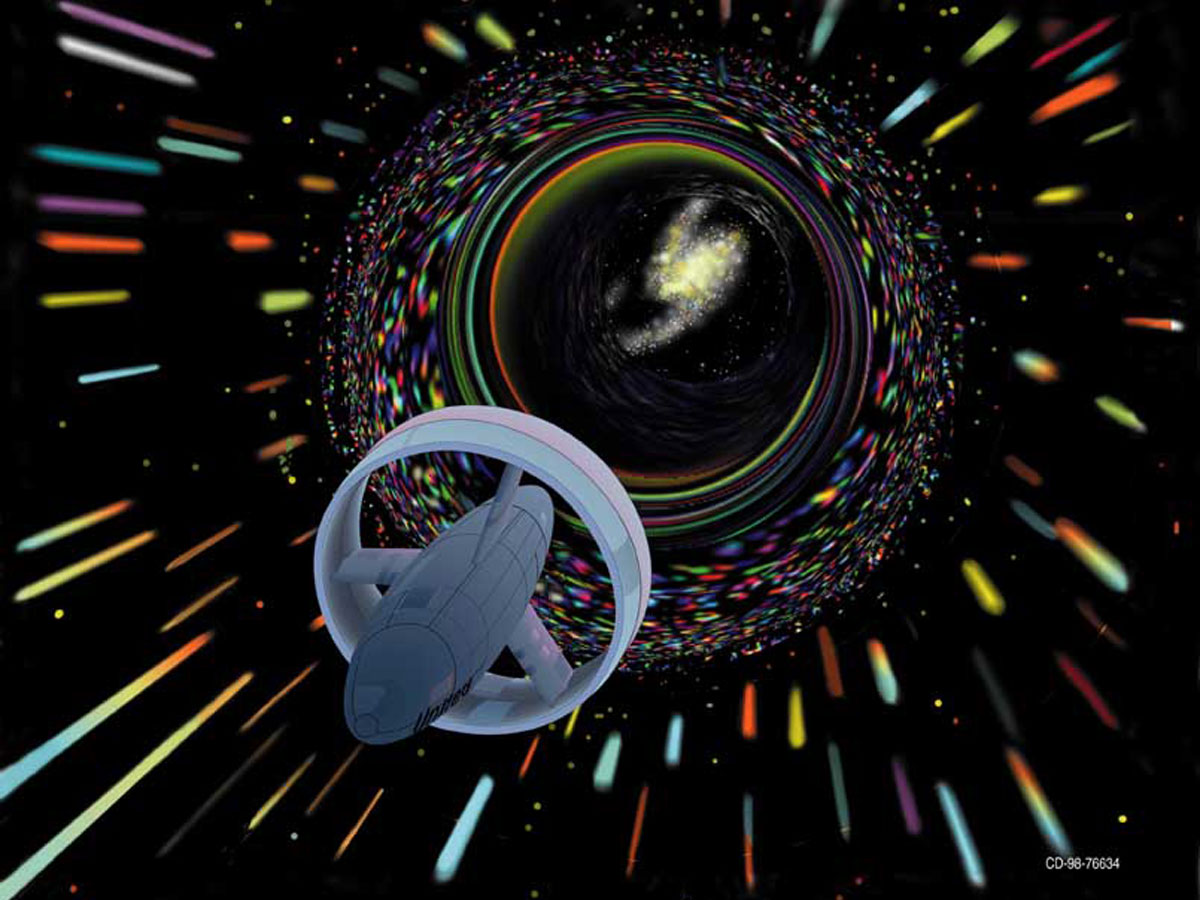I think one of the biggest challenges in writing Near to Distant Future Science Fiction lies in finding a common point of reference for today’s readers. Under the mantra that fact often eclipses fiction, I believe the world as it will look a millennium from now will be so alien to today’s culture, any fiction that truly captures the likely changes might be a difficult read.
Most authors (me included) limit the ways future technologies change those cultures, leaving the human condition relatively unchanged. This allows the reader to identify with the story’s characters in ways that would be difficult with the truly alien culture that a millennium of “progress” would generate.
What could so radically change our culture, you ask. Say one day someone implants a chip in a brain for a simple memory augmentation. No big change right? Let’s even suppose that becomes a commonplace treatment for Alzheimer’s disease. In the next step, having perfected nanotechnology, we learn how to implement these changes without surgery. The surgeons or scientist need only inject a solution teaming with millions of nanobots programmed to seek a certain location and self-assemble into the same circuits that were previously surgically implanted.
Now say someone gets tired of doing rudimentary calculations and decides to utilize the same painless, non-invasive technology to implant those memory circuits along with an integrated circuit. Ah hell, throw in a modem while you’re at it. Now you have upgradeable memory in a powerful PC—or Mac—built into and integrated with your mind. (Kind of gives a whole new slant to the “I’m a PC, I’m a Mac” commercials.) All of that incorporated with a low powered Electro-Organic modem. Talk about the information superhighway.
The biggest impediment to seamless computer access is the interface. With a thought-integrated computer, instantaneous internet, email, and tweets are only a thought away. Think the Internet has had significant social implications? What will happen to our society when we’re all linked together with no information bottlenecks.
Now, let’s take our thought experiment a little farther. The next logical brain enhancement would be the implementation of thought expanding circuitry. You have all of this data coming through your Electro Organic Network (EON as it’s called in my book) but the organic part of your brain can only handle so much at a time. Some hacker or scientist figures out a way to reprogram intellect into your memory or integrated circuits (EON). This would enable you to shift some of your thought processes into a network that runs exponentially faster than your organic computer (read: brain). This assumes that Moore’s Law will have made computers much more powerful than the human mind, currently they are not.
Unhappy with the status quo, people add more and more mental functions and thought processes to their EON. Eventually the silicon-based thoughts exceed the carbon-based.
So I’ve laid out the hypothetical path for a society to transition from organic based thoughts to computer-based without a single huge leap. What kind of social changes would that bring about? The slow-thinking twenty-first century man will look like knuckle-dragging caveman in comparison to the twenty-second century EON enhanced man.
Most people shrug off the suggestion that we may someday shift our thoughts to computers, saying “It’s too big of a leap.” Not in the small baby steps I’ve laid out. Or, “It would be a soulless copy of the real person.” Once again, not in the parallel processing scenario I’ve painted. Although, I’m sure philosophers and theologians will argue ad nauseum.
Those ideas represent a mere fraction of the possibilities of the next century, let alone a millennium. On a geologic timescale a thousand years is blink of the eye. What about 10,000; 100,000; or even a million years (still barely a yawn on a geologic timescale).
But who knows, maybe I’m underestimating my prognosticating ability. Maybe humans several millennia removed will closely resemble what I’ve depicted in my book.
Side note: Just when I thought I had an original thought— While looking for links to tie in real-world data to my theories I discovered many references to Ray Kurzweil’s Singularity. He took this thought experiment to its ultimate outcome long before me.


